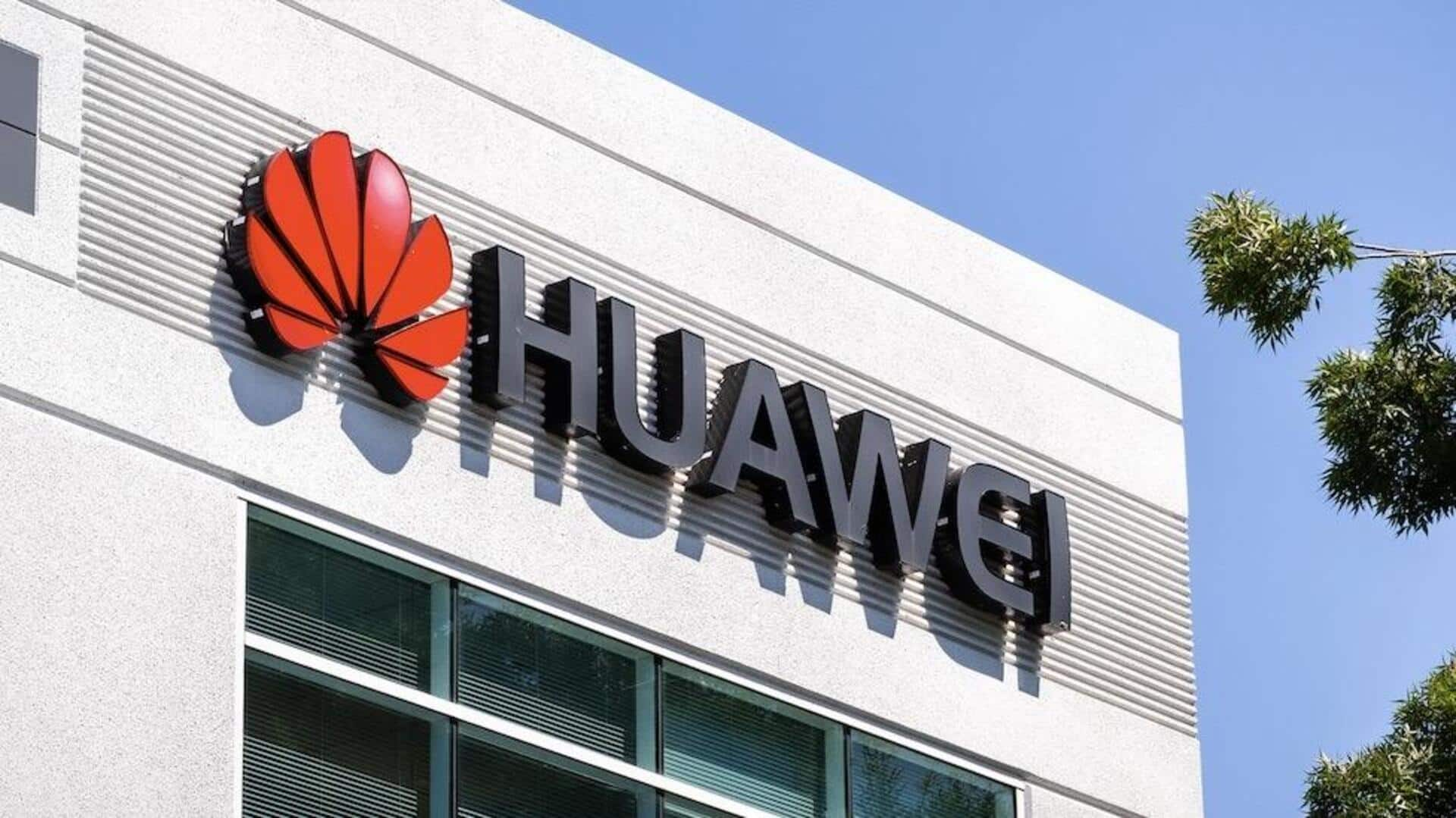
Huawei announces new supercomputers, AI chips to challenge NVIDIA
What's the story
Huawei has announced new iterations of SuperPoD AI clusters that allow its chips to interconnect at high speeds. The company's vice chairman, Eric Xu, revealed that the Atlas 950 SuperPoD will be unveiled in Q4 2026, with support for 8,192 Ascend chips. Its successor, Atlas 960, with a whopping 15,488 Ascend chips, will release in Q4 2027. These two SuperPoDs will provide top-tier performance across several key metrics like number of NPUs, total computing power, memory capacity, and interconnect bandwidth.
SuperClusters
Meet the large-scale computing clusters
Huawei also announced Atlas 950 SuperCluster (with over 500,000 Ascend processors) and Atlas 960 SuperCluster (with over one million Ascend processors), which are large-scale computing clusters comprised of multiple Huawei SuperPoDs. These are set to surpass all other computing clusters on the market, the company says. Xu said Huawei's powerful SuperPoDs and SuperClusters give it the capability to deliver massive computing power to drive rapid AI advancements.
Chip competition
Ascend AI chips to rival NVIDIA
Huawei has also announced plans to launch four new Ascend AI chips over the next three years. The move is seen as a direct challenge to NVIDIA in the AI chip market. The upcoming Ascend 950 chip will use Huawei's own high-bandwidth memory, overcoming a major technological hurdle for China. This development underscores Huawei's long-term vision and determination to compete with global tech giants in the semiconductor industry.
Tech advancement
In-house high-bandwidth memory production
Huawei has also revealed that it now possesses its own high-bandwidth memory, a technology currently dominated by South Korea's SK Hynix and Samsung Electronics. The company plans to follow a one-year release cycle for its AI chips, doubling compute power with each release. Huawei's announcement appears strategically timed for maximum impact ahead of Friday's meeting between US President Donald Trump and Chinese President Xi Jinping.